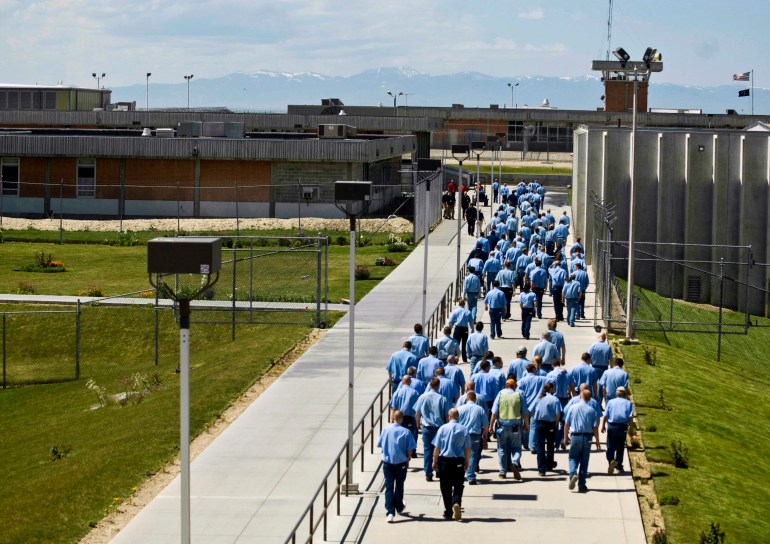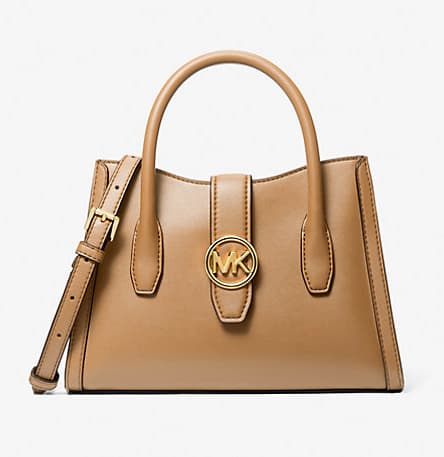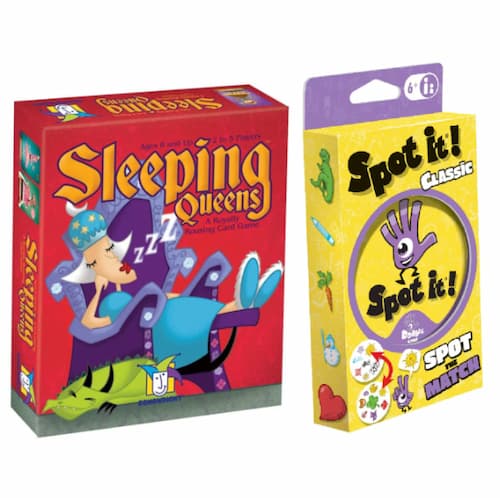
[ad_1]
Federal Bureau of Investigations prison According to a report published by the Washington Post on Wednesday, (BOP) allows prisoners to deposit large sums of money-in some cases up to $200,000-into government-managed accounts, which are almost immune to censorship and large amounts of money. The influence of most court orders.
A person familiar with the situation, who asked not to be named, told the Washington Post that “there are more than 20 prisoner accounts each holding more than US$100,000, and the total amount exceeds” US$3 million.
These accounts effectively enable prisoners to escape the child support, alimony and other debts they incur.
“Prisoners are using this banking system to store this money,” said Jason Wojdylo, who recently retired from prison. U.S. Marshals Service, Tell the post.
He said these funds are not supervised by the U.S. Treasury Department, and the BOP rarely enforces laws passed by Congress that require criminals to repay debts.
Wojdillo says he spent years trying to convince BOP to change His position before retirement.
return
Many prisoners from impoverished backgrounds and most prisoners make little money in prison.Work plan in the prison Pay the prisoner The hourly wage for labor is as low as US$0.20 and the highest is about US$5.
Prisoners can use the money to buy things in the jail shop or make a phone call. The cost is Capped US$0.21 per minute and sending emails, although the prison system has been criticized for the cost of communication services.
Therefore, there is almost no money in most accounts.
Nevertheless, prisoners may still be charged with paying compensation when they are convicted. These amounts range from several thousand to several hundred thousand-even several million -.
Considering this reality, prisoners only need to pay a small minimum amount to receive compensation. Wojdylo said the minimum fee is about $25 per month.
He went on to say that those “have thousands of dollars, sometimes even tens of thousands of dollars, in their trust accounts, but they only provided the minimum compensation and fines required”.

According to documents cited by the Post, BOP officials are generally unwilling to encourage prisoners to use their accounts to pay compensation in full.
According to the Washington Post, a Tennessee man convicted of bank robbery, Jerry Anthony Bowman, said a BOP staff member encouraged him to pay $100 a month in prison. By the time he left, he had only paid half of the debt.
Bowman tried to use the BOP account to pay the $16,000 he owed, but was forced to ask the judge to order the money to be taken from his account.
The request was approved. However, there is no need to seek a judge’s order to transfer money from the prisoner’s account.
A 2008 Federal Court of Appeals ruling stated that the BOP “can send money from the prisoner’s account without judicial permission, with or without the prisoner’s consent.”
Corruption problem
Federal prosecutors worry that the funds in these accounts may promote illegal activities inside and outside the prison.
This Coronavirus pandemic Personal visits to prisoners and outsiders have almost ceased, and some believe this will reduce the flow of drugs in state-level correctional institutions.
But according to numerous reports, drugs still exist, partly because corrupt prison guards brought drugs and other contraband.
They are also worried about issuing stimulus checks to prisoners in and out of BOP prisons. State and local level.
The Post reported that 37,852 checks worth more than 38 million U.S. dollars were delivered to federal prisoners, but it is not clear how many checks were sent to prisoners in the BOP Detention Facility, about 129,000.
A BOP spokesperson told The Washington Post that it “recognizes the importance of victim compensation and encourages all prisoners to fulfill their financial obligations by participating in the Prisoner’s Financial Responsibility Plan.”
However, it cannot force prisoners to pay alimony or child support ordered by the state court.
Wojdylo told the Post that the BOP’s position on prisoner accounts was “incredibly frustrating.”
[ad_2]
Source link




